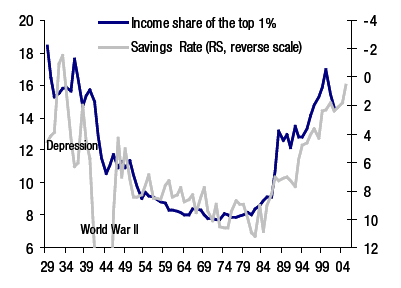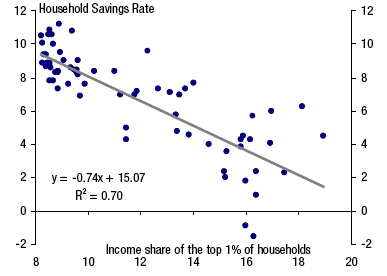Chris Hedges over at TruthDig has a well thought out article on our transition from Huxley’s Brave New World to Orwell’s 1984. Corporate/Governmental domination R Us. A few exerpts:
“The façade is crumbling. And as more and more people realize that they have been used and robbed, we will move swiftly from Huxley’s “Brave New World” to Orwell’s “1984.” The public, at some point, will have to face some very unpleasant truths. The good-paying jobs are not coming back. The largest deficits in human history mean that we are trapped in a debt peonage system that will be used by the corporate state to eradicate the last vestiges of social protection for citizens, including Social Security. The state has devolved from a capitalist democracy to neo-feudalism. And when these truths become apparent, anger will replace the corporate-imposed cheerful conformity. The bleakness of our post-industrial pockets, where some 40 million Americans live in a state of poverty and tens of millions in a category called “near poverty,” coupled with the lack of credit to save families from foreclosures, bank repossessions and bankruptcy from medical bills, means that inverted totalitarianism will no longer work.
…
Those who do not comply with the dictates of the war on terror, a war which, as Orwell noted, is endless, are brutally silenced. The draconian security measures used to cripple protests at the G-20 gatherings in Pittsburgh and Toronto were wildly disproportionate for the level of street activity. But they sent a clear message—DO NOT TRY THIS. The FBI’s targeting of antiwar and Palestinian activists, which in late September saw agents raid homes in Minneapolis and Chicago, is a harbinger of what is to come for all who dare defy the state’s official Newspeak. The agents—our Thought Police—seized phones, computers, documents and other personal belongings. Subpoenas to appear before a grand jury have since been served on 26 people. The subpoenas cite federal law prohibiting “providing material support or resources to designated foreign terrorist organizations.” Terror, even for those who have nothing to do with terror, becomes the blunt instrument used by Big Brother to protect us from ourselves.”
On the face of it I don’t buy that high government deficits mean that the US government will be crippled. The Fed can easily print money to pay those deficits and we could inflate our way out of our debts albeit slowly and reasonably. A bit of inflation tends to improve the situation better than the deflation we are approaching.
That all said, the one and half parties of the wealthy will attempt to convince us otherwise, cut the deficit by imposing austerity on the poor and middle class, not the wealthy or the military. They never willingly impose austerity on the wealthy or the military. Chris’ suggestions of our path looks true to me.
UPDATE: A friend suggested that Chris Hedges’ article reminded her of this Barbara Ehrenreich talk, put to cartoons – Smile or Die!


